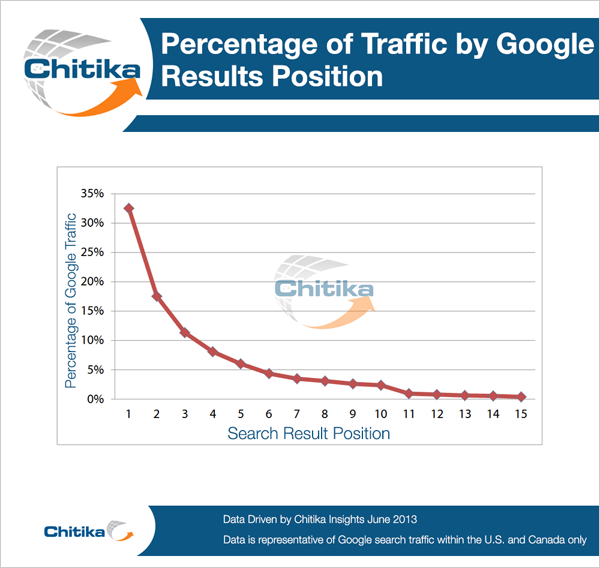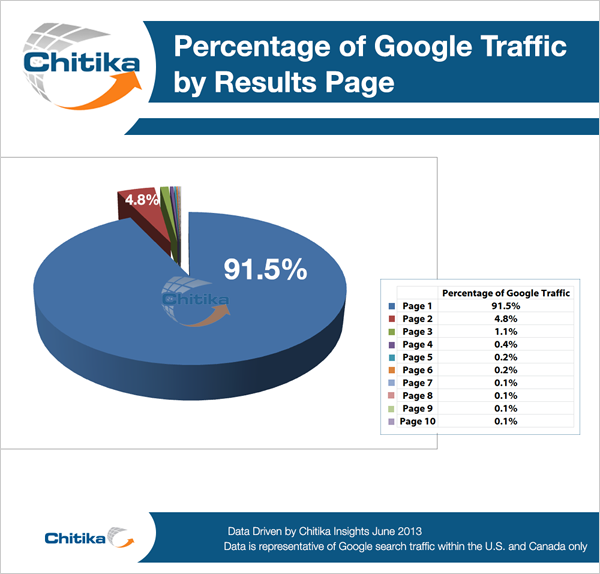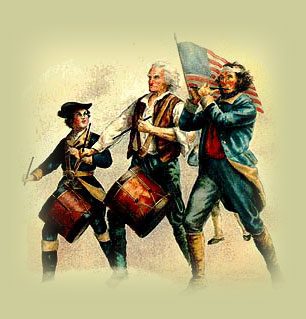Insight Marketing Blog
Putting Real Skin the Advertising Game
 Advertising is everywhere – maybe some places it shouldn’t be.
Advertising is everywhere – maybe some places it shouldn’t be.
Imagine you’re walking down the street, and a young girl in a short skirt is coming toward you. Nothing unusual about that, until you notice an advertisement pasted on her leg, just under her hemline.
What’s the ad for? Does it matter? Would you take note of the business, thinking: what a bold idea? Or would you look away somewhat embarrassed?
Believe or not, this is a real thing in Japan. The business news website Quartz published an article on this new trend, which some are calling “skinvertising.” The author, Siraj Datoo, tells how a Tokyo PR firm pays women to wear stickers on their thighs promoting their clients’ products:
“The going rate on each thigh, according to the company, is $121 per day. The 3,000 Japanese women who signed up to participate will slap stickers on their thighs in exchange for that sum. The campaigns, which began rolling out earlier this year, so far have included plugs for the movie Ted and the band Green Day.”
And the idea has caught on in the U.S., too. You might remember the real estate company that gave raises to employees who got tattoos of its logo. There’s even a company that specializes in turning people into human billboards.
Just goes to show that advertising really is everywhere these days.
I’m all for creative marketing. In fact, I think too many businesses err on the side of caution, when taking a creative risk could help them stand out in a crowded marketplace. Then again, there’s creative and there’s just plain head-scratching strange.
There’s no word on whether the Tokyo company’s stunt worked – if top-of-thigh equals top-of-mind. (Though I’m guessing most businesses don’t want the kind of customers who leer at young girls’ legs.)
Of course, we offer creative advertising services that help businesses get noticed, too. But if you’re looking for something truly weird, well, I know a great PR firm in Japan.
What do you think? Does “skinvertising” make your skin crawl? Tell us in the comments below.
Photo: ITN
Continue reading →How High Do You Need to Rank on Google?
 Studies show higher rankings earn significantly more traffic.
Studies show higher rankings earn significantly more traffic.If you’re somewhat knowledgeable about internet marketing, you’ve probably heard the acronym SEO, which stands for Search Engine Optimization. We’ve been touting the value of this highly effective and relatively low-cost marketing tool in our blog posts and newsletters for years.
So how important is achieving a high ranking on Google or other top search engines? Should your goal be the number one spot, or is number eight good enough? If people are really motivated, won’t they find you on page three?
According to a new study by Chitika, an online advertising network, your position in Google’s organic search rankings is even more critical than most realize. The company tracked ad impressions originating from Google to measure the true impact rankings have on website traffic. The difference in the top three search results says it all:
- 1st position – generates 33% of traffic per search
- 2nd position – generates 18% of traffic per search
- 3rd position – generates 11% of traffic per search
As you can see, being at the top of Google’s search result generates almost twice the traffic of the number two position. The same holds true for ranking number two and three. The traffic for each successive result drops 1-3%, until reaching a measly 2% of traffic by the bottom of the page:

And here’s the kicker: page one generates about 92% of the total traffic for any given search! That means most users never dig deeper than the first ten search results.
Can you guess what the traffic looks like on page two? As the chart below shows, that’s not where you want to be. By page three, you’re practically invisible. In fact, if Google had a promotion on page five to give away a million bucks, they’d never have to pay it because no one would know it’s there.

Don’t Take SEO Lightly
Studies by others marketers have shown similar results. Search Engine Watch recently shared a few examples, and this study by iCrossing (PDF) found that Yahoo and Bing also generate 95% of search traffic from the first page.
To make things more difficult, search engines no longer give organic search results the prominence they used to. Google crowds the page with paid advertising, local search results (whether you want it or not), maps and other bells and whistles. In fact, the top-ranked organic listing may appear halfway down the page.
With that kind of competition, few businesses can afford to take a casual approach to SEO.
Besides top rankings, you’ll need traffic from high-value prospects that you’re more likely to convert, so it’s equally important to rank for the right keywords and search terms and entice them to click. Beware of “black hat” tactics that only reap superficial, short-term results. An effective SEO program should address factors such as:
- Unique page titles
- Relevant and engaging meta descriptions
- Descriptive URLs, link text, alt tags and image names
- Valuable content that people actually want to read!
A great place to start is Google’s SEO Starter Guide (PDF), originally developed for Google’s own internal teams. But if you’d like to know how well your site currently ranks, plus get ideas and recommendations to improve your ranking, contact us for a free SEO analysis.
Continue reading →Happy July 4th – Some Things to Remember
This July 4th as we enjoy our “beer, picnics and baseball games,” let’s not lose sight of the fact that many of the fifty-six signers of the Declaration of Independence risked and sacrificed much in support of the cause of independence.
Five signers were captured by the British.
George Walton was captured after being wounded while commanding militia at the Battle of Savannah in December 1778.
Arthur Middleton, Edward Rutledge and Thomas Heyward, Jr. were taken prisoner at the Siege of Charleston in May 1780.
Richard Stockton of New Jersey was “dragged from his bed at night” by local Tories and imprisoned in New York City’s infamous Provost Jail.
One lost a son serving in the Revolutionary Army, another had two sons captured.
Abraham Clark of New Jersey saw two of his sons captured by the British and incarcerated on the prison ship HMS Jersey.
John Witherspoon, also of New Jersey, saw his eldest son, James, killed in the Battle of Germantown in October 1777.
Many were driven from their homes and were constantly on the run.
Thomas McKean, a delegate to the Continental Congress, President of Delaware, Chief Justice of Pennsylvania, and Governor of Pennsylvania, wrote in a letter to John Adams in 1777, how he had been “hunted like a fox by the enemy, compelled to remove my family five times in three months, and at last fixed them in a little log-house on the banks of the Susquehanna, but they were soon obliged to move again on account of the incursions of the Indians.”
Many had their homes and property confiscated, vandalized and looted by the British.
Francis Lewis had his property raided and home destroyed. His wife was taken prisoner and jailed for several months before being exchanged for the wives of British officials captured by the Americans.
Philip Livingston lost several properties during the British occupation of New York, sold off others to support the war effort, and died suddenly in 1778, before the end of the war.
John Hart’s New Jersey farm was looted in the course of the Revolutionary War, and he had to go into hiding.
The properties of Samuel Adams, John Hancock, Benjamin Franklin, James Wilson, Benjamin Rush and Robert Morris, as well as signers Ellery, Hall, Clymer, Walton, Gwinnett, Heyward, Rutledge and Middleton, were also seized and occupied by the British during the war.
Some lost their fortunes.
Carter Braxton, a wealthy planter from Virginia, invested heavily in shipping, but lost his fortune when the British Navy sunk or captured most of the ships in which he held an interest.
One died in a duel.
Button Gwinnett of Georgia died from wounds he received, not at the hands of the British, but of a fellow American officer with whom he dueled in May 1777.
“We must all hang together or most assuredly we will all hang separately.” – Benjamin Franklin
The signers of the Declaration of Independence took a huge personal risk in daring to put their names on a document that repudiated the British throne. They had every reason to believe at the time that they might well be hanged for having done so. This was an act we should indeed remember and honor our Founding Fathers for having the courage to do. But hardships and losses were not endured by our Founding Fathers alone, they were also visited upon many of our brave forefathers who gave their lives for this noble country during its struggle for independence.
Remember, freedom is never free!
Continue reading →
